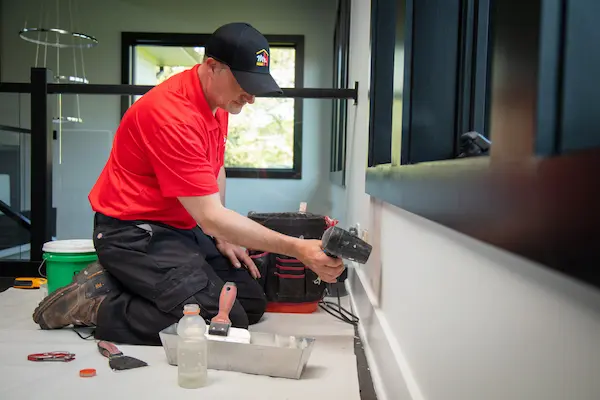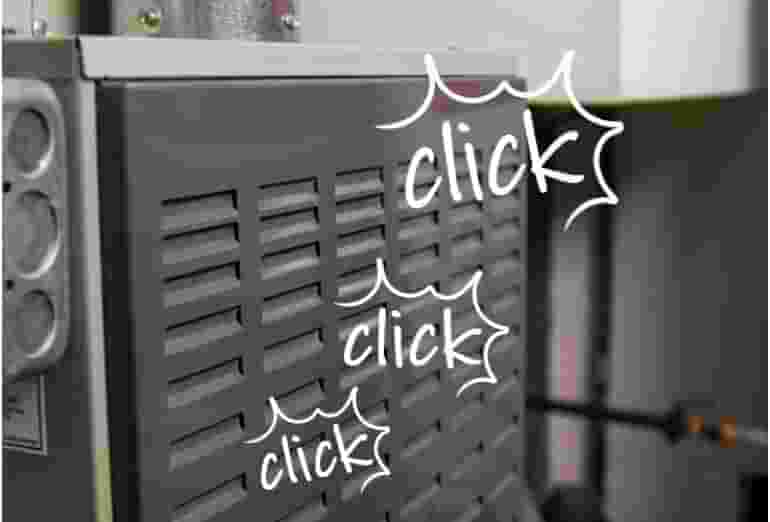Leave The To-Do List To Our Team
Owning a home is an exciting adventure. However, it can also be a lot of work. Problems arise, things need to be replaced, or you have a remodeling vision that you want to bring to life. For assistance with all of these and more, turn to the team at Mr. Handyman.
Since 1996, over one million homeowners have counted on our team for all their repair, installation, and maintenance services. You’ve got enough going on in your life without having to worry about hiring a painter, finding a plumber, and seeking someone to help you with your bathroom remodel. One call to Mr. Handyman and your to-do list is confidently taken care of!
 Click to call
Click to call





